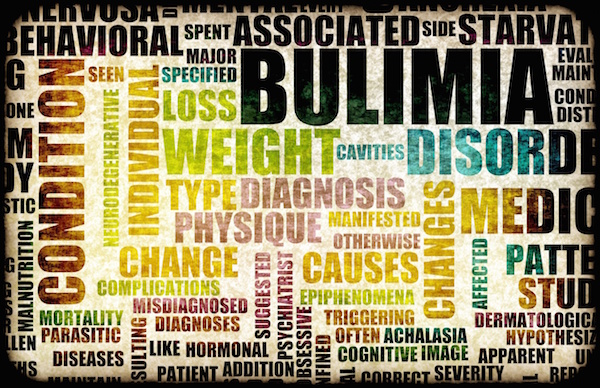WEDNESDAY, Dec. 23, 2015 (HealthDay News) — Hepatitis C is an infection that affects the liver, but people with the virus may also be at greater risk for Parkinson’s disease, a new report shows.
“Many factors clearly play a role in the development of Parkinson’s disease, including environmental factors,” study author Dr. Chia-Hung Kao, of China Medical University in Taichung, Taiwan, said in a news release from the American Academy of Neurology.
“This nationwide study, using the National Health Insurance Research Database of Taiwan, suggests that hepatitis caused specifically by the hepatitis C virus may increase the risk of developing [Parkinson’s] disease,” Kao said.
However, the association seen in the study does not prove a cause-and-effect relationship. And “more research is needed to investigate this link,” Kao added.
One expert in Parkinson’s disease agreed that it’s too soon to draw firm conclusions from the study.
“While these results are intriguing, it is too early to suggest that people living with hepatitis C should be concerned about their risk of developing Parkinson’s,” Beth Vernaleo, associate director of research programs at the Parkinson’s Disease Foundation, said in a foundation news release.
“That said, this study highlights one potential risk factor, which should be further investigated,” she added. “If the finding holds up to further studies, it could have significant public health implications for the early screening and treatment of hepatitis C.”
For the study, researchers divided nearly 50,000 people with hepatitis into three groups: 71 percent were infected with hepatitis B; 21 percent had hepatitis C; and 8 percent had both. The study also included just under 200,000 people without hepatitis.
The researchers followed the participants for an average of 12 years. Among those with hepatitis, 270 developed Parkinson’s disease. Of these patients, 120 had hepatitis C, according to the report published online Dec. 23 in the journal Neurology.
Among the participants who didn’t have hepatitis, 1,060 developed Parkinson’s disease, the investigators found.
After taking age, gender and other health factors (such as diabetes) into account, the study authors concluded that people with hepatitis C are nearly 30 percent more likely to develop Parkinson’s than those without the virus. However, the findings suggested that people with hepatitis B or both hepatitis B and hepatitis C were not at greater risk for Parkinson’s.
An estimated 150 million people worldwide have hepatitis C, according to the World Health Organization. The virus, which can be spread via contaminated needles or passed on during childbirth, can cause serious complications. But many infected people have few symptoms and are unaware they have the condition.
Because hepatitis can also be transmitted through blood transfusions, all donated blood in the United States has been screened for the virus since 1992.
More information
You can find out more about hepatitis C from the U.S. Centers for Disease Control and Prevention.
Copyright © 2026 HealthDay. All rights reserved.

